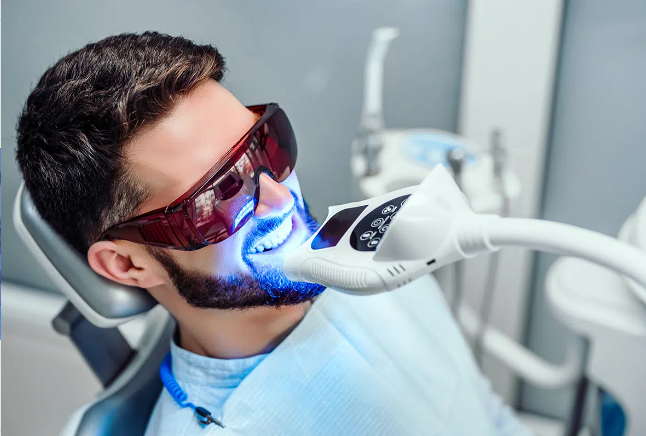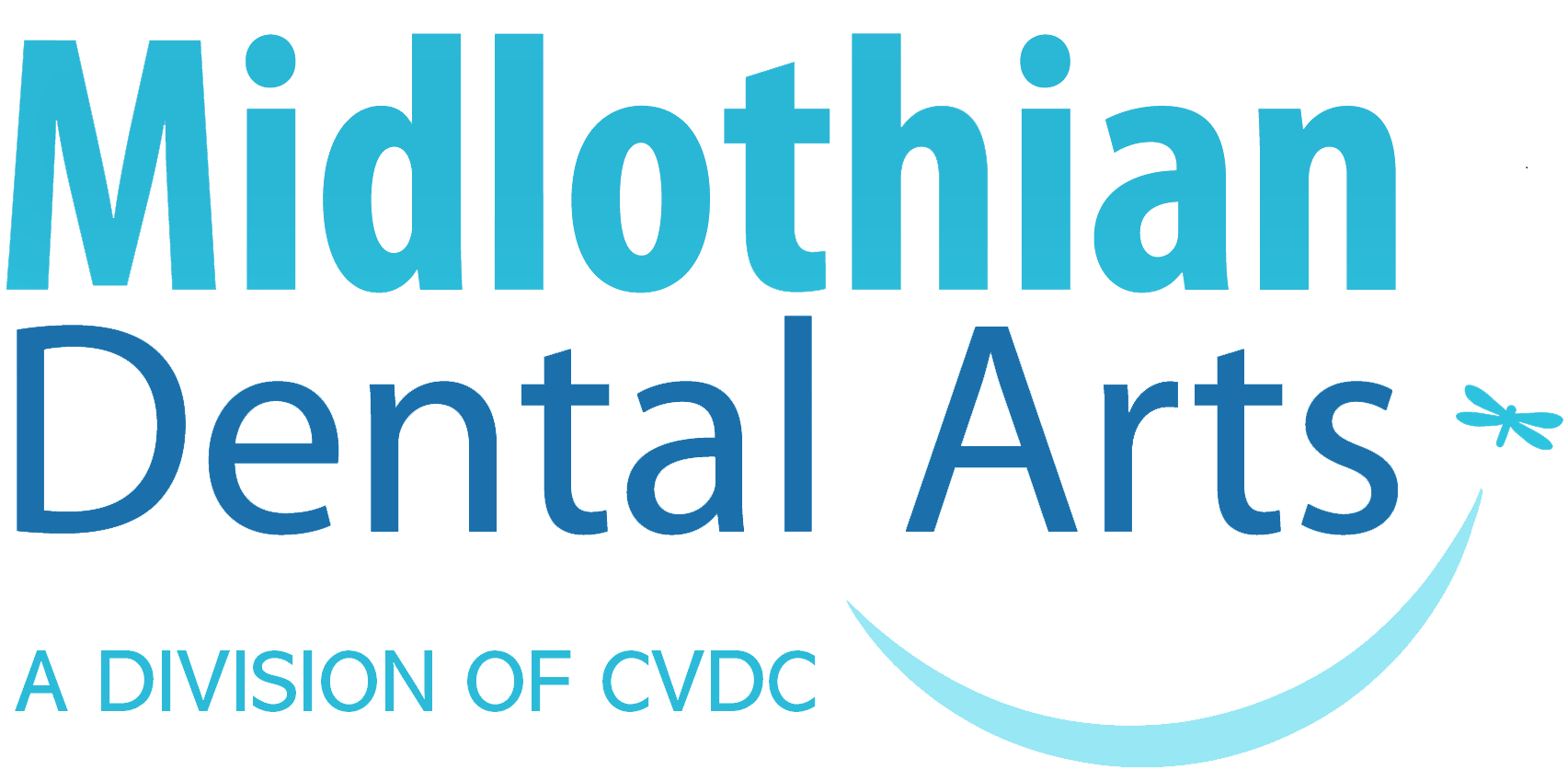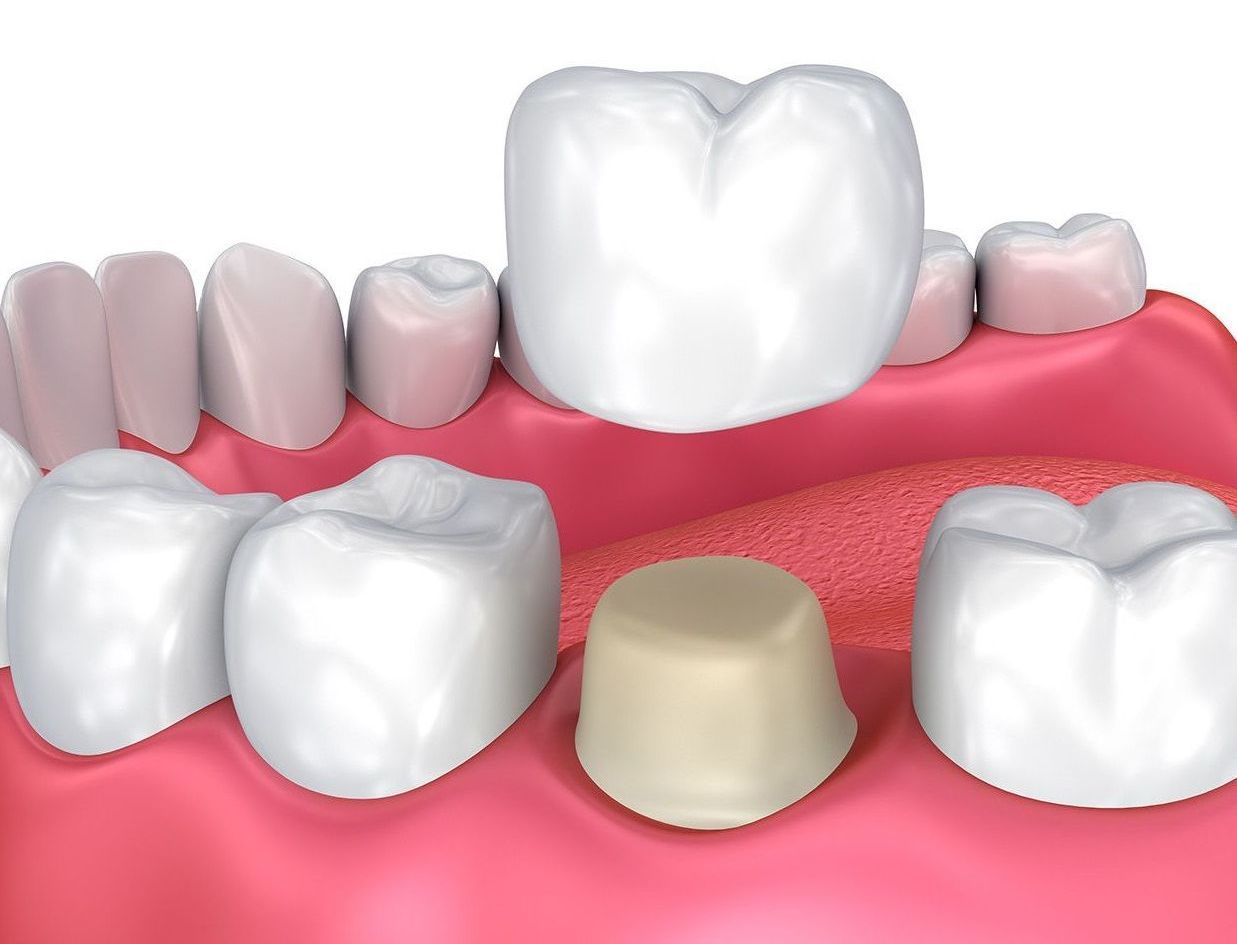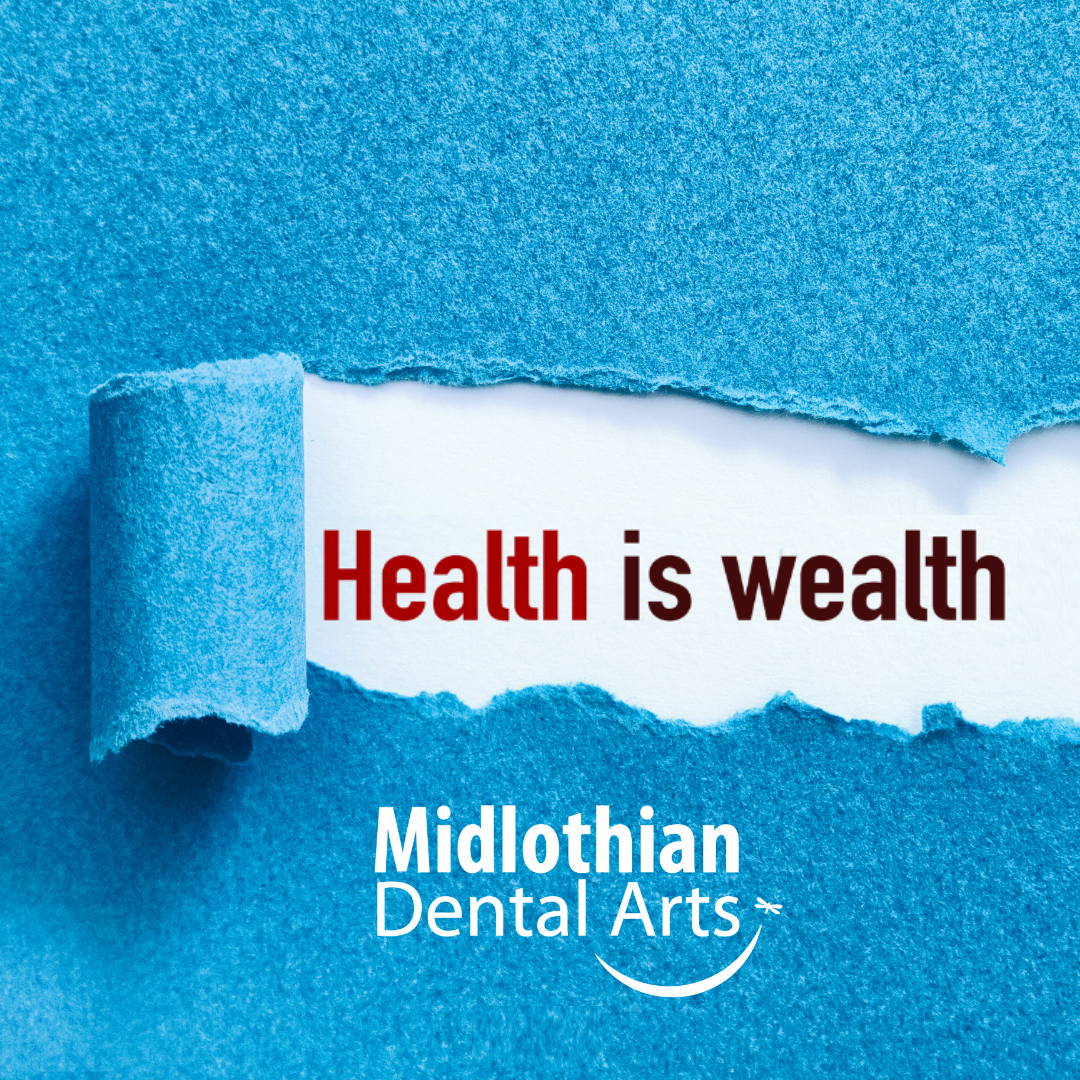Is Your Diet Causing Tooth Decay?
Some foods are particularly prone to increasing potential tooth damage. This article takes a look at some of them so you can stay informed about maintaining great oral health.
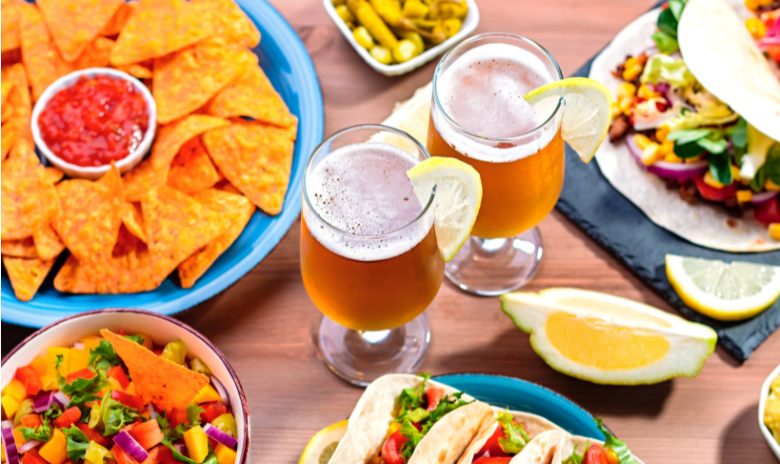
The main culprit...acid.
When it comes to tooth decay, it’s important to know the main culprit – acid. Acid is what eats away at our enamel. And, when the enamel breaks down, cavities can develop. Cavities can cause complications like mouth pain, chewing problems, tooth abscesses, and other unhealthy oral environments that we want to avoid.
How does acid enter our mouths?
Acid can enter our mouths in one of two ways: either directly through what we eat (citrus fruits, for example) or as a byproduct when bacteria interact with and consume the sugars that we eat.
After we eat or drink a sugary food or beverage, the sugars cause the bacteria to release acids that attack tooth enamel. When the enamel breaks down, cavities can develop.
You may think that one simple way to identify foods that risk tooth decay is to simply ask whether the food or beverage is sweet/starchy or acidic. Some items in our diet are obviously not healthy for us - hard candy and sugary drinks. But there are many acidic foods like citrus fruits, tomatoes, vinegar, and kombucha that are healthy for our bodies. So, how can we eat a healthy balanced diet but deter cavities?
Some of the worst foods and beverages for our teeth
It's always helpful to think twice as you walk down the supermarket bread aisle. Our saliva breaks down the starches into sugar when we chew bread. And when the bread becomes a gummy paste-like substance in our mouth, it sticks to the crevices between teeth, which is a breeding ground for cavities. Aim for less-refined varieties like whole wheat. These contain less added sugars and they don’t break down as easily. Other foods and beverages on our list:
- Chewy sour candies
- Carbonated soda drinks
- Potato chips and starchy snacks
- Alcohol (reduces important saliva)
- Citrus fruits
How to reduce acid exposure in our mouths
When it comes to eating or drinking items that aren't great for our teeth, keep in mind that the longer these beverages and foods interact with them, the greater the chance for tooth decay to occur.
For example, sipping on sugary soda throughout the day, or snacking on potato chips will surely increase the amount of sugar exposure to your enamel. Bacteria love to feast on sugar, creating an acidic environment and putting your teeth at risk for decay.
Of course, some sugars occur naturally in foods, such as our beloved citrus fruits, honey, and dried fruits. Eating an apple every day has far more health benefits to our overall health to worry about cutting that out of the diet. And, while chewing an apple may favor plaque growth during the first 24 hours, it also produces an immediate reduction in salivary bacterial viability similar to that after tooth brushing.
If you drink water after eating foods such as healthy fruits it will help wash away some of the acid. You can also drink milk or eat yogurt or cheese, to neutralize the effects of acid erosion as they both contain calcium.
There are also healthy acidic beverages to consider as well. If you love drinking kombucha to maintain healthy bacteria in the gut, consider drinking through a straw to minimize the acidic exposure in your mouth. Make sure that the straw reaches behind your front teeth and swallow the beverage without it coming into contact with your front teeth as much as possible.
Tips to keep in mind to help protect your teeth:
- Enjoy acidic foods in moderation or as part of your meal (combined with other foods)
- Decrease or eliminate your consumption of carbonated soda and sugar-sweetened beverages
- Avoid brushing your teeth immediately after drinking acidic drinks (wait an hour)
- Swap lemon water for sliced cucumber, a sprig of fresh mint, or fresh rosemary. These are gentler on your teeth and they add bright, herbal flavors to the water
- Swap out processed starchy foods, like white bread and potato chips, for more nutrient-dense carb sources, like whole fruits, sweet potatoes, and whole grains
- Swish with water after meals, snacks, and acidic beverages
- Maintain good oral hygiene to brush away plaque buildup (floss at least once a day and brush twice a day)
- Eat plenty of foods rich in calcium to restore minerals to your teeth
Keeping your teeth in good shape is a commitment, but the results are great for your oral health and overall well-being.
And, as always, make sure to visit us regularly for your professional cleaning twice a year, so we can remove any tartar buildup, prevent tooth decay, and keep your smile healthy and bright.
Do you have a question about your oral health? Our team is always here to listen and answer all your oral health questions. Schedule your visit here.



